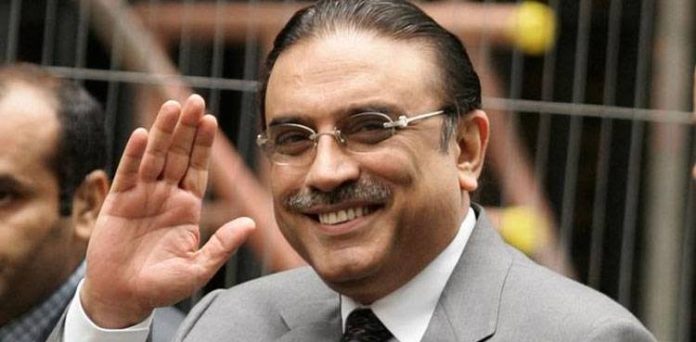The recent political developments in Pakistan indicate a significant shift in the country’s political landscape, with the Pakistan Peoples Party (PPP) and the Pakistan Muslim League-Nawaz (PML-N), along with several other parties, coming together to form a coalition government. At the center of this collaboration is the potential reemergence of Asif Ali Zardari, the co-chairman of the PPP, as the president for a second term.
The agreement between the PPP, PML-N, Muttahida Qaumi Movement-Pakistan (MQMP), Pakistan Muslim League-Quaid (PML-Q), Islami Pakhtunkhwa Party (IPP), and Balochistan Awami Party (BAP) signals a concerted effort to unite various political factions under a common agenda. This alliance resembles the Pakistan Democratic Movement (PDM), which aimed to challenge the incumbent government and address systemic issues facing the country.
The decision to nominate Asif Ali Zardari for the presidency underscores PPP’s confidence in his ability to navigate the country through its challenges. Zardari’s experience and perceived knack for making astute decisions make him an attractive candidate for this role. Additionally, PPP’s interest in appointing Sarfraz Bugti, a prominent party leader, as the chief minister of Balochistan reflects a strategic move to consolidate power and representation in key regions.
The dynamics within the coalition also reveal a complex interplay of negotiations and power-sharing arrangements. PPP’s willingness to support PML-N’s candidate for prime minister while abstaining from joining the government themselves illustrates a pragmatic approach aimed at maximizing influence without assuming direct responsibility. Conversely, PML-N’s support for Zardari’s presidency contingent on PPP’s endorsement of Shehbaz Sharif for prime minister highlights the intricacies of coalition politics and the balancing of competing interests.
The potential inclusion of Maulana Fazlur Rehman from the Jamiat Ulema-e-Islam-Fazl (JUI-F) further underscores the coalition’s efforts to broaden its support base and enhance its governing capacity. Ultimately, the success of this coalition government will depend on its ability to translate political unity into effective governance, address pressing socio-economic challenges, and navigate the complexities of Pakistan’s domestic and foreign policy landscape.


